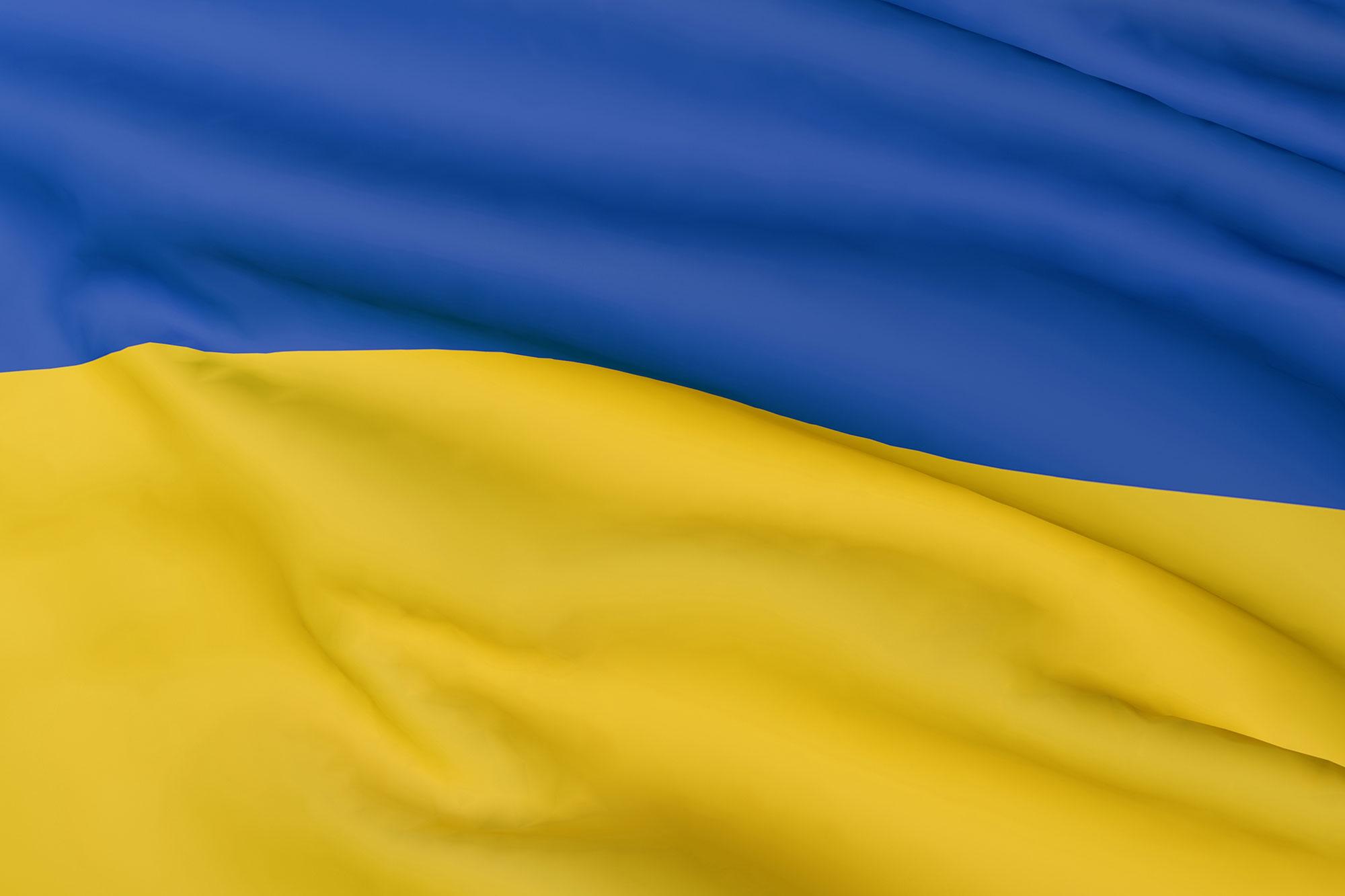Researchers from Ukraine will be supported for longer

When the war in Ukraine started, the SNSF responded quickly. Since spring, it has been funding around a hundred researchers who fled to Switzerland. Now it has made further funding available to extend this support.
The Swiss National Science Foundation (SNSF) began supporting researchers from Ukraine shortly after the war began. It allocated 9 million Swiss francs from its regular budget for this purpose. In collaboration with Scholars at Risk Switzerland, about 60 people from Ukraine were placed at around 20 Swiss institutions. The cost was approximately 6 million francs. A further 3 million were spent mainly on supporting about 40 researchers from Ukraine in projects already being funded by the SNSF. Due to the high demand, the SNSF's dedicated budget at the time was used up within a few weeks.
The approximately 100,000 Swiss francs awarded to each of the mainly female researchers from Ukraine will enable them to do research at a Swiss university for about a year. For most of them, this means they will be supported until spring 2023. Now, however, based on the assumption that the war in Ukraine will not be over by next spring, the SNSF has decided to extend these special measures. This means that the researchers supported in collaboration with Scholars at Risk or under the additional measures for SNSF projects can now continue to be funded with up to 60,000 francs per person, sufficient for a stay of up to one year. However, it is not possible to apply for additional funding for persons who are not already supported within the framework of the aforementioned measures.
It is still possible, however, to engage researchers from Ukraine under an already approved budget of an SNSF project. In order to also support science in Ukraine as well as local researchers, the SNSF has signed an agreement with the National Research Foundation of Ukraine (NRFU) in line with its international strategy. The two funding organisations are currently liaising with each other and developing new forms of cooperation.